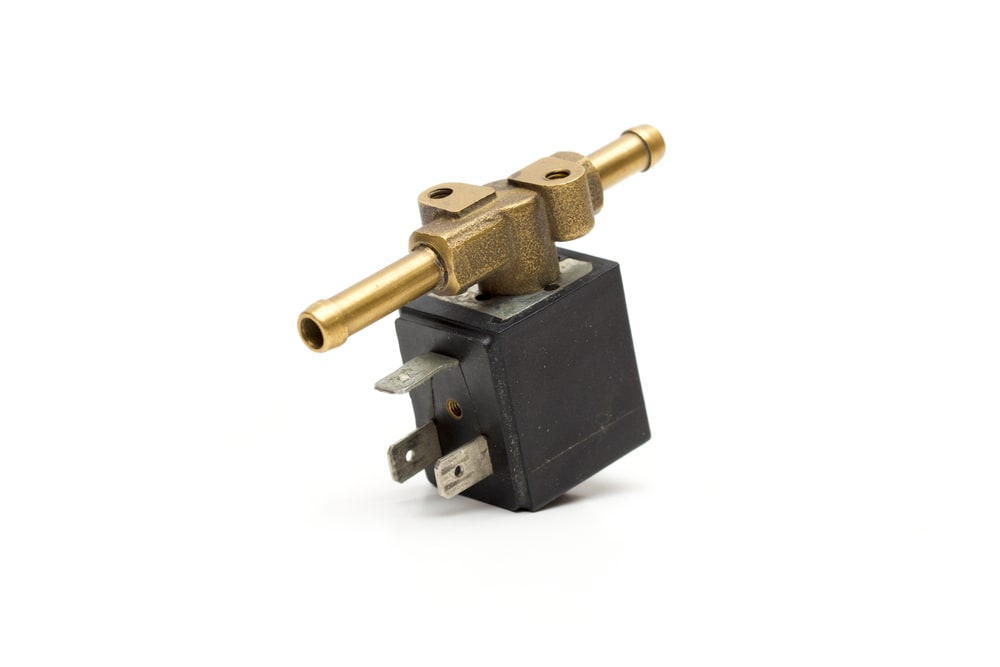

The canister purge solenoid is part of the evaporative emission control system (EVAP) in your vehicle. A hose connects the canister purge solenoid to the charcoal canister and then to the engine vacuum, which makes up the entire EVAP system. The part can be located on the inside of your rear quarter panel, or hidden in a corner of your engine compartment, depending on the make and model of your vehicle.
The purpose of the EVAP system is to prevent large amounts of fuel vapors from escaping into the atmosphere and from getting into your vehicle. Gasoline vapors can cause nausea, headaches, and breathing problems if they are inhaled due to the chemicals they contain. These chemicals include toluene and benzene.
Normally the canister purge solenoid lasts the life of the vehicle, but it can wear out from time to time. If the canister purge solenoid starts to go out, the Check Engine light will come on and your car will not pass an emissions test. In addition, the buildup of fumes inside of the canister can cause your vehicle to stall or misfire.
The canister purge solenoid works by absorbing the fuel vapors with activated charcoal. Activated charcoal sucks up and absorbs the fuel vapors until the vehicle is started and is being driven by you. The canister is then opened by the powertrain control module, or PCM, which allows the intake vacuum to siphon the vapors into the engine via the tank vent line. Activated charcoal does not wear out, so unless the canister itself gets broken or damaged, it should not have to be replaced.
If the canister purge solenoid happens to go bad, it is because dirt and dust from driving on a regular basis can clog the canister. Furthermore, the canister can crack due to harsh environmental conditions. When this happens, the canister purge solenoid should be replaced because it can harm other components in your vehicle
Signs that your canister purge solenoid needs to be replaced include:
Check Engine Light
Vehicle fails the emissions test
Stalling vehicle due to a leak in the EVAP system
The engine chokes because of fuel entering the EVAP canister



